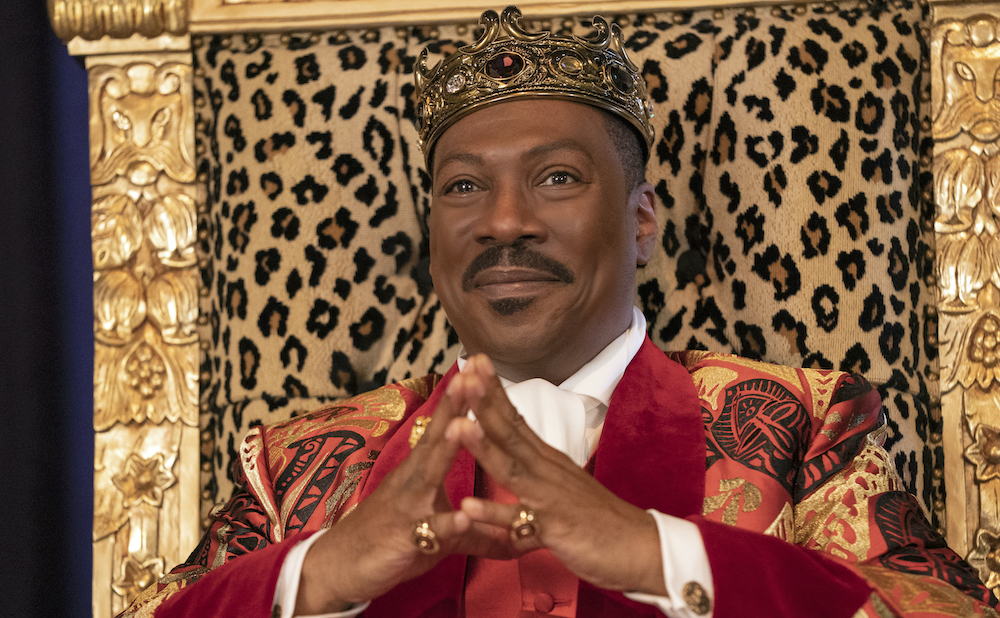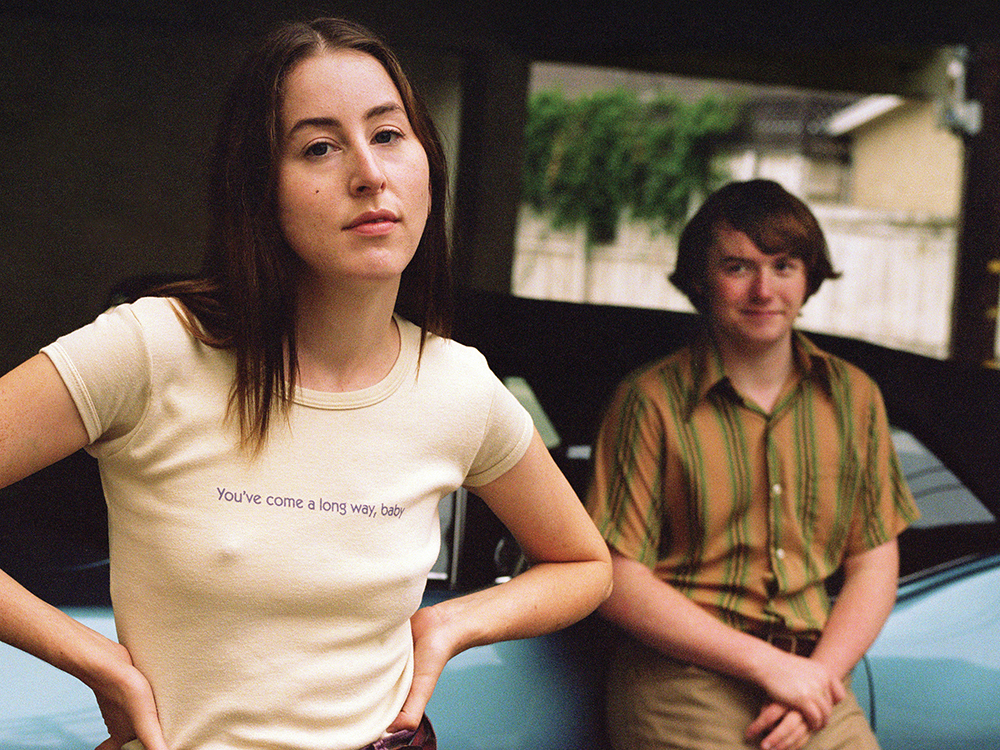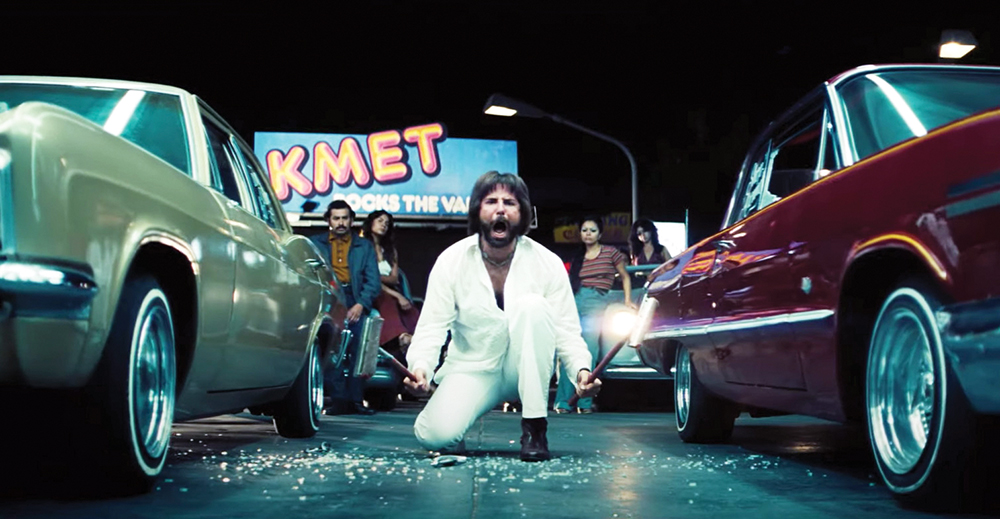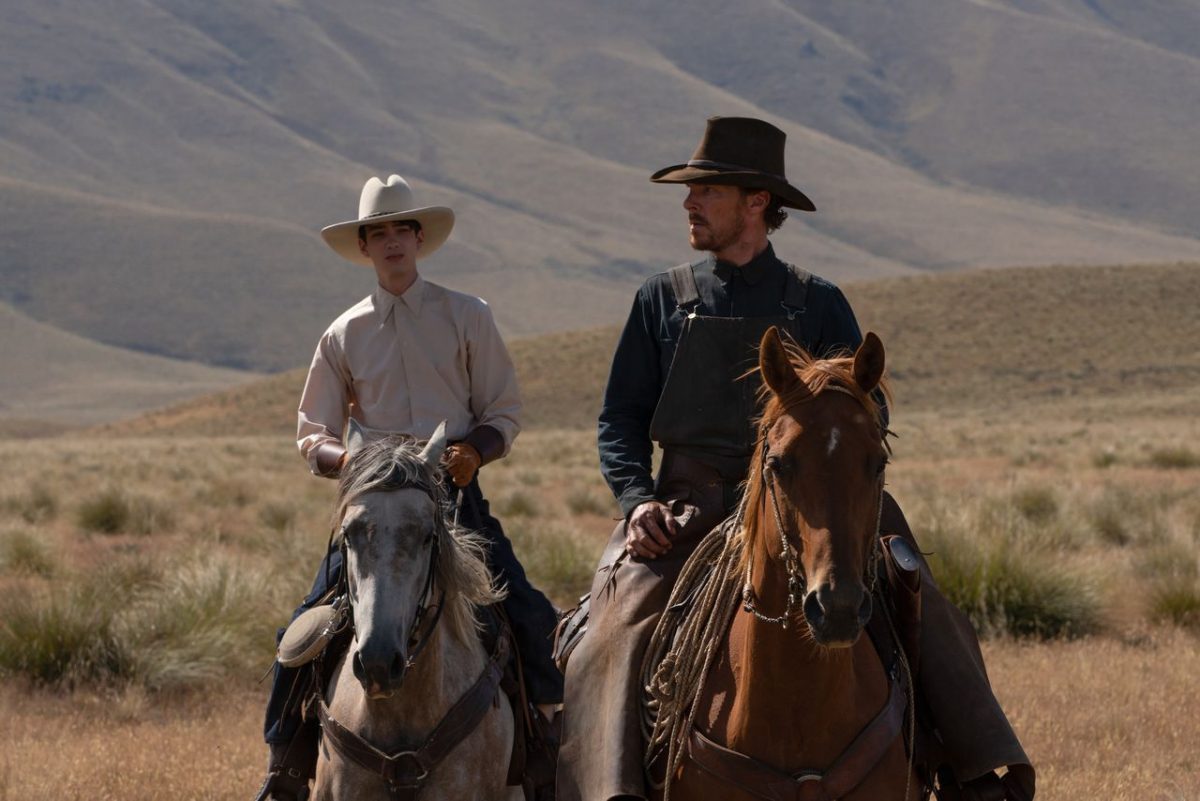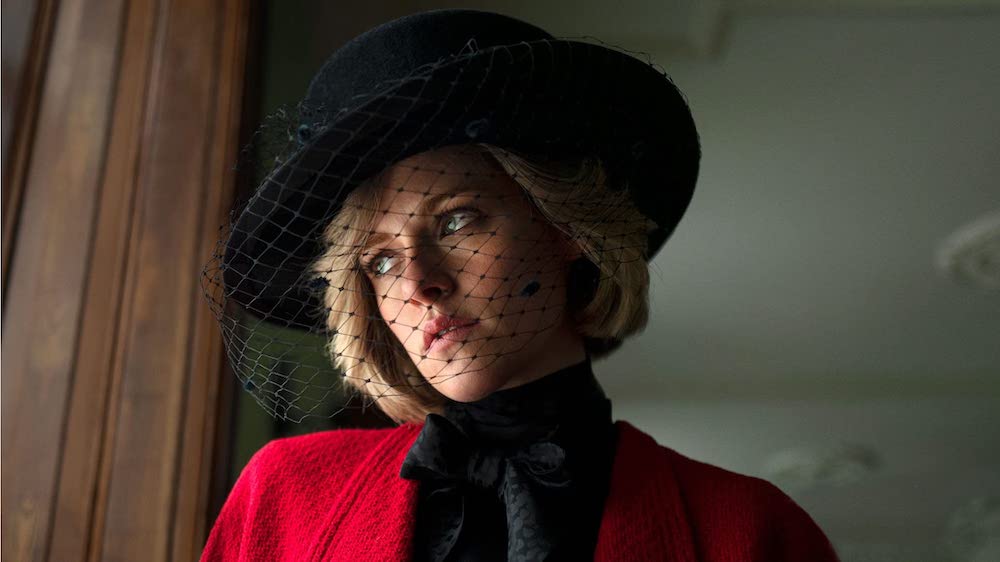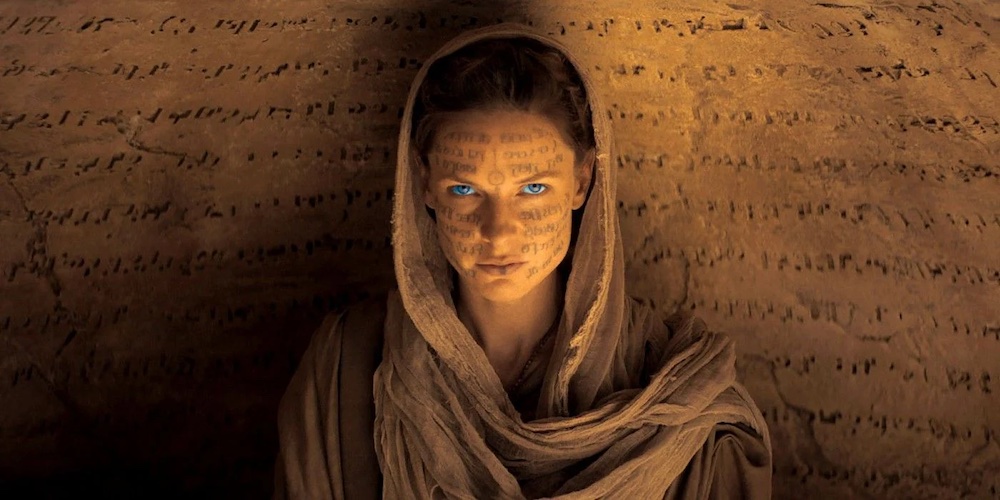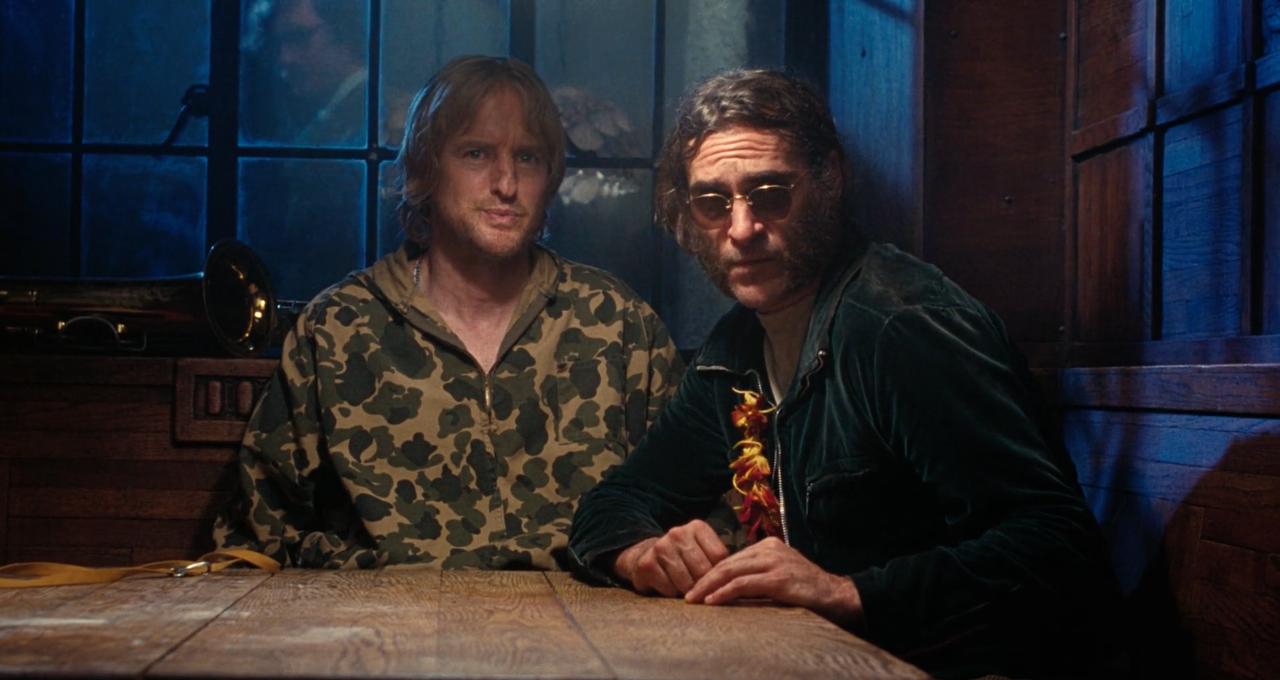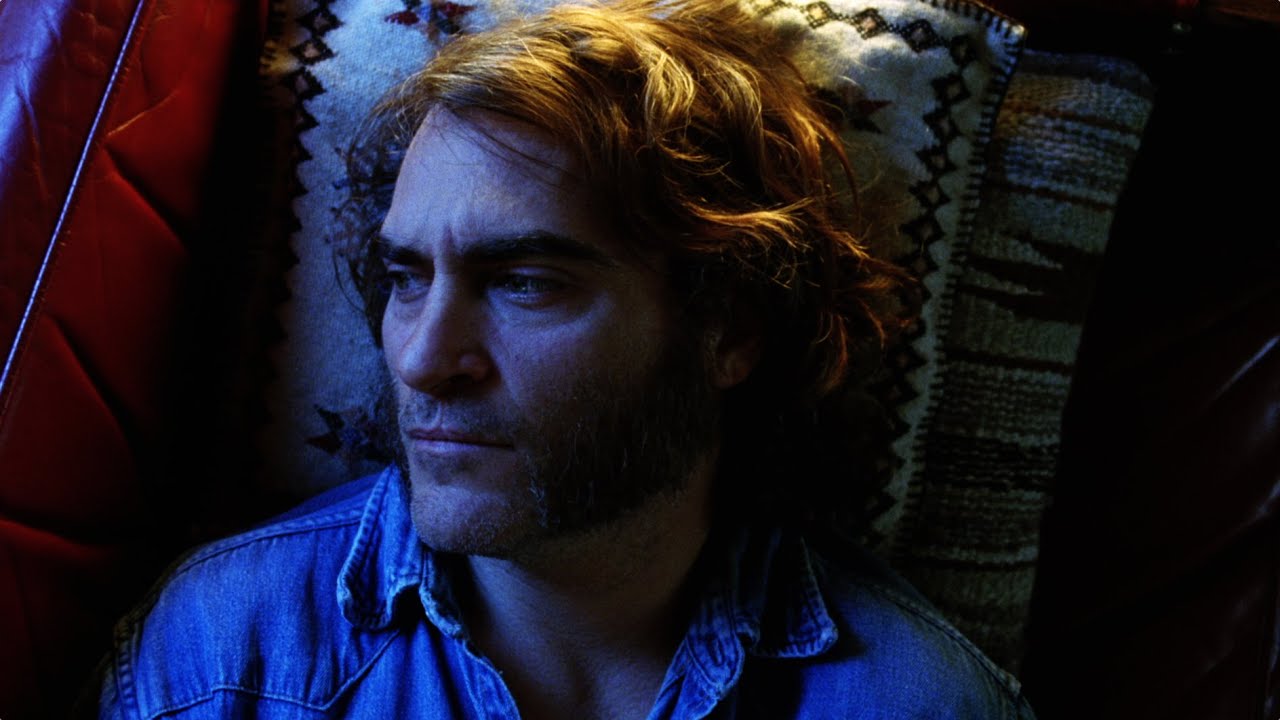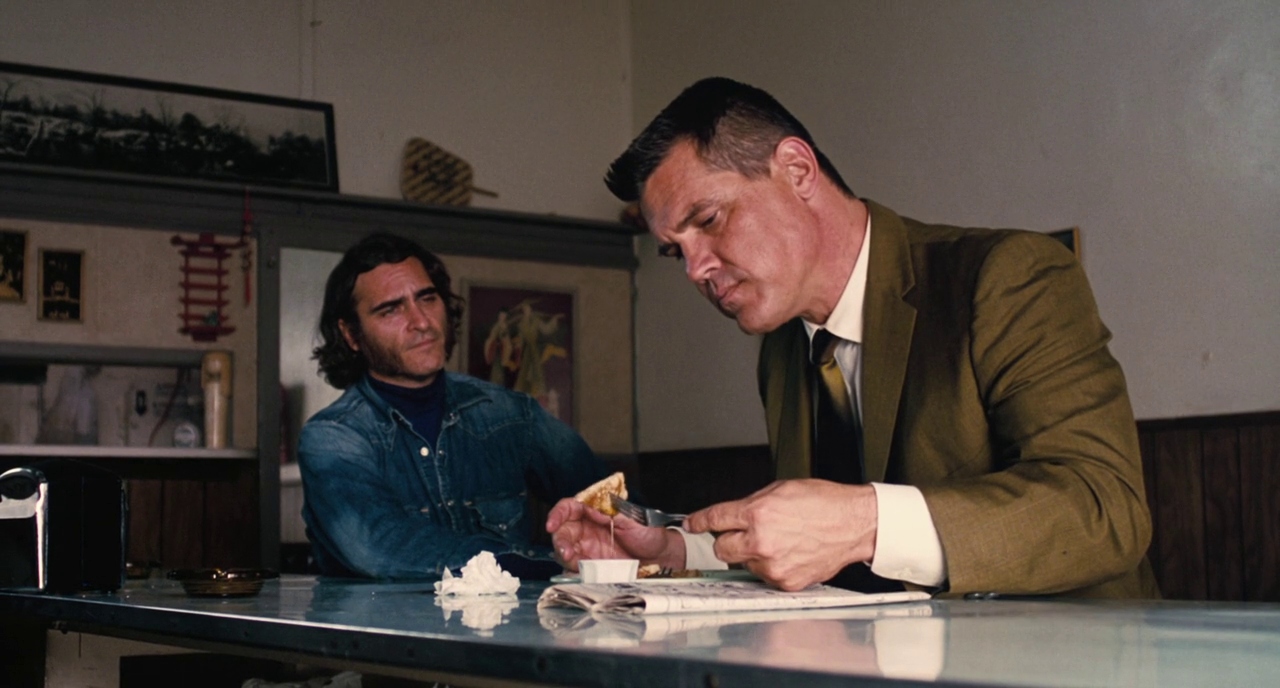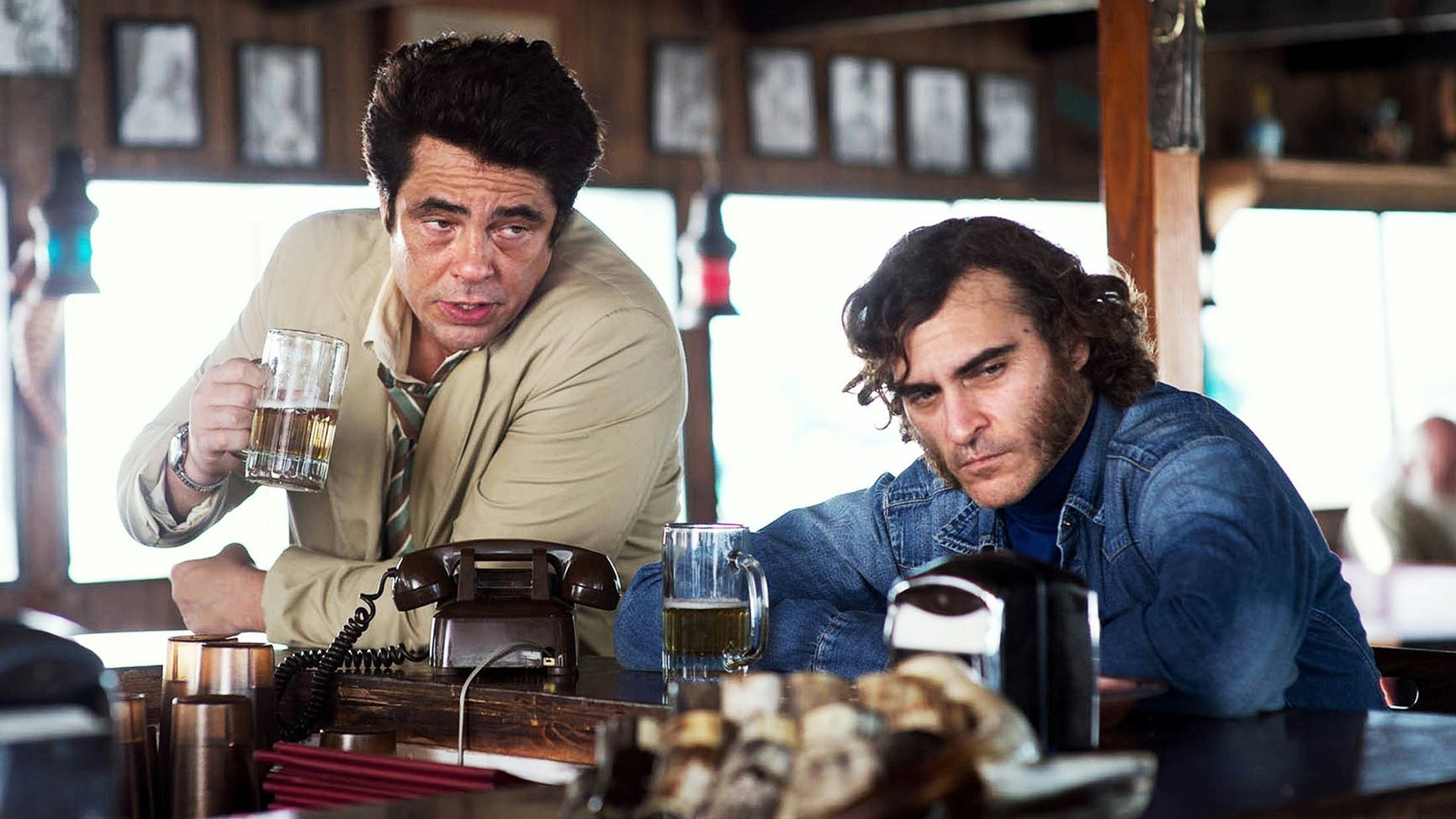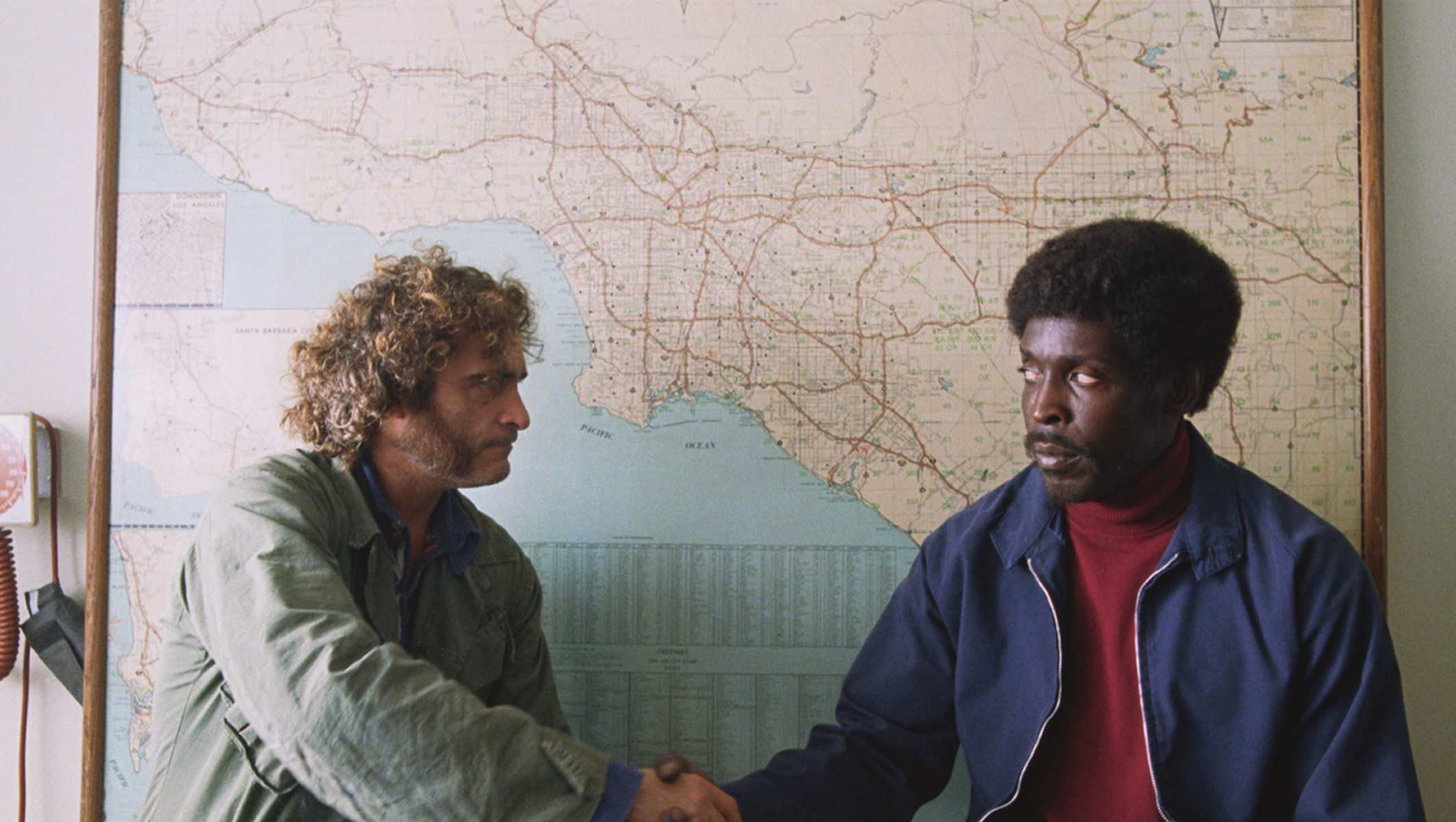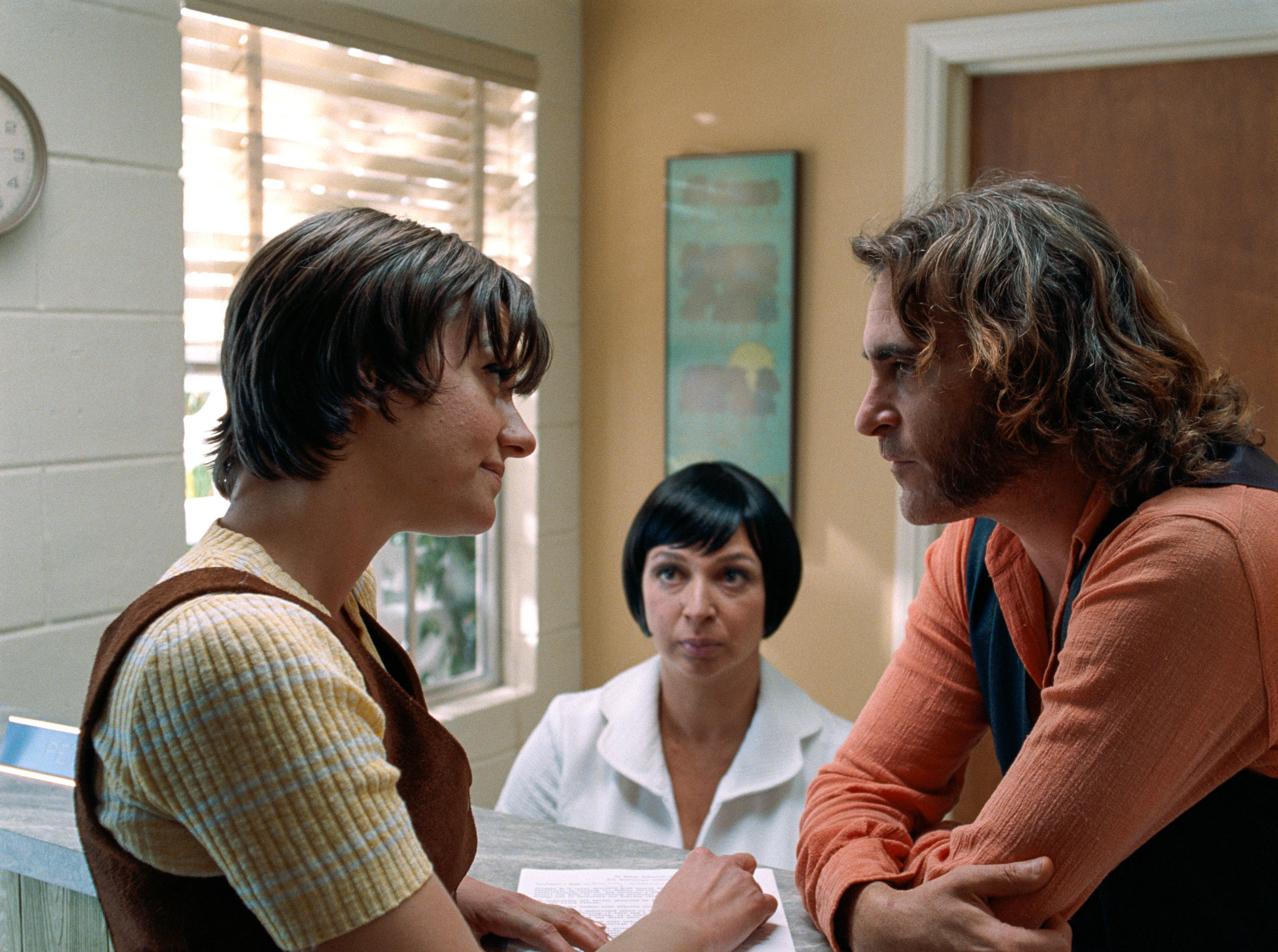In honor of the 25th anniversary of the Memphis Flyer (our first quarter quell, as it were), I have chosen my personal favorite film from each year since the Flyer began publication. Then, for each of those films, I unearthed and have excerpted some quotes from the review we ran at the time. — Greg Akers
1989: #1 Mystery Train, Jim Jarmusch (#2 Do the Right Thing, Spike Lee)
“While all the scenes in Mystery Train are identifiable by anyone living west of Goodlett, their geographical relationship gets altered to a point where we start to trust Jarmusch more than our own memories.” — Jim Newcomb, March 8, 1990
“Filmed primarily at the downtown corner of South Main and Calhoun, Jarmusch does not use the Peabody Hotel, the Mississippi River, Graceland, or most of the other locations that the Chamber of Commerce would thrust before any visiting filmmaker. His domain concerns exactly that territory which is not regularly tread by the masses, and his treatment of Memphis is likely to open a few eyes.”
— Robert Gordon, March 8, 1990
1990: #1 Goodfellas, Martin Scorsese (#2 Reversal of Fortune, Barbet Schroeder)
“This may not be De Niro’s best-ever performance, but he’s got that gangster thang down pat. His accent is flawless, his stature is perfect, and, boy, does he give Sansabelt slacks new meaning.”
— The Cinema Sisters, September 27, 1990
1991: #1 Terminator 2: Judgment Day, James Cameron (#2 The Silence of the Lambs, Jonathan Demme)
“Terminator 2 is an Alfa Romeo of a movie: pricey, sleek, fast, and loaded with horsepower. By comparison, the first Terminator was a Volkswagen. On the whole, I’d rather have a Volkswagen — they’re cheap and reliable. But, hey, Alfas can be fun too.” — Ed Weathers, July 11, 1993
1992: #1 Glengarry Glen Ross, James Foley (#2 The Last of the Mohicans, Michael Mann)
“Mamet’s brilliantly stylized look at the American Dream’s brutality as practiced by low-rent real estate salesmen who would put the screws to their mothers to keep their own tawdry jobs doesn’t relax its hard muscle for a moment. In the hands of this extraordinary cast, it is like a male chorus on amphetamines singing a desparate, feverish ode to capitalism and testosterone run amuck.”
— Hadley Hury, October 15, 1992
1993: #1 Dazed and Confused, Richard Linklater (#2 Jurassic Park, Steven Spielberg)
“Dazed and Confused is a brief trip down memory lane. The characters are not just protagonists and antagonists. They are clear representations of the folks we once knew, and their feelings are those we had years and years ago. Linklater doesn’t, however, urge us to get mushy. He is just asking us to remember.”
— Susan Ellis, November 4, 1993
1994: #1 Pulp Fiction, Quentin Tarantino (#2 Ed Wood, Tim Burton)
“Even though Tarantino is known for his bratty insistence on being shocking by way of gratuitous violence and ethnic slurs, it’s the little things that mean so much in a Tarantino film — camera play, dialogue, performances, and music.”
— Susan Ellis, October 20, 1994
1995: #1 Heat, Michael Mann
(#2 Toy Story, John Lasseter)
“I’m sick of lowlifes and I’m sick of being told to find them fascinating by writers and directors who get a perverse testosterone rush in exalting these lives to a larger-than-life heroism with slow-motion, lovingly lingered-over mayhem and death, expertly photographed and disturbingly dehumanizing.”
— Hadley Hury, December 21, 1995
1996: #1 Lone Star, John Sayles
(#2 Fargo, Joel and Ethan Coen)
“Although Lone Star takes place in a dusty Texas border town, it comes into view like a welcome oasis on the landscape of dog-day action films … Chris Cooper and Sayles’ sensitive framing of the performance produce an arresting character who inhabits a world somewhere between Dostoevsky and Larry McMurtry.”
— Hadley Hury, August 8, 1996
1997: #1 L.A. Confidential, Curtis Hanson (#2 The Apostle, Robert Duvall)
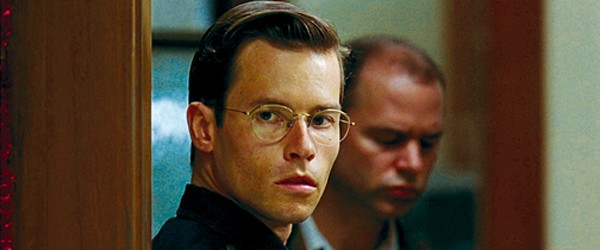
L.A. Confidential
“L.A. Confidential takes us with it on a descent, and not one frame of this remarkable film tips its hand as to whether we’ll go to hell or, if we do, whether we’ll come back. We end up on the edge of our seat, yearning for two protagonists, both anti-heroes … to gun their way to a compromised moral victory, to make us believe again in at least the possibility of trust.”
— Hadley Hury, October 2, 1997
1998: #1 Saving Private Ryan, Steven Spielberg (#2 The Big Lebowski, Joel and Ethan Coen)
“Spielberg is finishing the job he began with Schindler’s List. He’s already shown us why World War II was fought; now he shows us how. … Spielberg’s message is that war is horrifying yet sometimes necessary. And that may be true. But I still prefer the message gleaned from Peter Weir’s 1981 masterpiece, Gallipoli: War is stupid.” — Debbie Gilbert, July 30, 1998
1999: #1 Magnolia, Paul Thomas Anderson (#2 The End of the Affair, Neil Jordan)
“Magnolia is a film in motion; there’s a cyclical nature where paths are set that will be taken. It’s about fate, not will, where the bad will hurt and good will be redeemed.”
— Susan Ellis, January 13, 2000
2000: #1 Crouching Tiger, Hidden Dragon, Ang Lee (#2 You Can Count On Me, Kenneth Lonergan)
“Thrilling as art and entertainment, as simple movie pleasure, and as Oscar-baiting ‘prestige’ cinema. Early hype has the film being compared to Star Wars. … An even more apt comparison might be Singin’ in the Rain, a genre celebration that Crouching Tiger at least approaches in its lightness, joy, and the sheer kinetic wonder of its fight/dance set pieces.”
— Chris Herrington, February 1, 2001
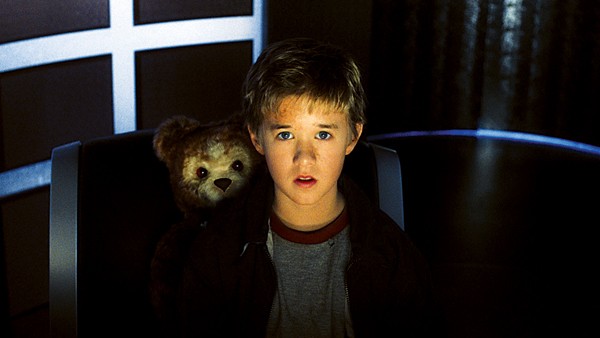
A.I. Artificial Intelligence
2001: #1 A.I. Artificial Intelligence, Steven Spielberg (#2 Amélie,
Jean-Pierre Jeunet)
“What happens when Eyes Wide Shut meets E.T.? What does the audience do? And who is the audience?”
— Chris Herrington, June 28, 2001
2002: #1 City of God, Fernando Meirelles and Kátia Lund
(#2 Adaptation., Spike Jonze)
“The mise-en-scène of the film is neorealist, but the cinematography, editing, and effects are hyper-stylized, as if The Bicycle Thief had been reimagined through the post-CGI lens of Fight Club or The Matrix.”
— Chris Herrington, April 3, 2003
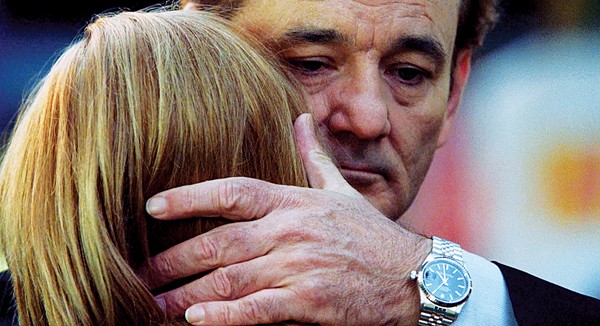
Lost in Translation
2003: #1 Lost in Translation, Sofia
Coppola (#2 Mystic River, Clint Eastwood)
“Lost in Translation is a film short on plot but rich with incident; nothing much happens, yet every frame is crammed with life and nuance and emotion. … What Coppola seems to be going for here is an ode to human connection that is bigger than (or perhaps just apart from) sex and romance.”
— Chris Herrington, October 2, 2003
2004: #1 Eternal Sunshine of the Spotless Mind, Michel Gondry
(#2 Kill Bill, Quentin Tarantino)
“This is the best film I’ve seen this year and one of the best in recent memory. Funny, witty, charming, and wise, it runs the gamut from comedy to tragedy without falling into either farce or melodrama. Its insights into human loss and redemption are complicated and difficult, well thought out but with the illusion and feel of absolute spontaneity and authentic in its construction — and then deconstruction — of human feelings and memory.”
— Bo List, March 25, 2004
2005: #1 Brokeback Mountain, Ang Lee (#2 Hustle & Flow, Craig Brewer)
“The film is a triumph because it creates characters of humanity and anguish, in a setup that could easily become a target for homophobic ridicule. Jack and Ennis are a brave challenge to the stereotyped image of homosexuals in mainstream films, their relations to their families and to each other are truthful and beautifully captured.” — Ben Popper, January 12, 2006
2006: #1 Children of Men,
Alfonso Cuarón (#2 The Proposition, John Hillcoat)
“As aggressively bleak as Children of Men is, it’s ultimately a movie about hope. It’s a nativity story of sort, complete with a manger. And from city to forest to war zone to a lone boat in the sea, it’s a journey you won’t want to miss.”
— Chris Herrington, January 11, 2007
2007 #1 Zodiac, David Fincher
(#2 There Will Be Blood, Paul Thomas Anderson)
“[Zodiac is] termite art, too busy burrowing into its story and characters to bother with what you think.”
— Chris Herrington, March 8, 2007
2008: #1 Frozen River, Courtney Hunt (#2 The Dark Knight, Christopher Nolan)
“Frozen River is full of observations of those who are living less than paycheck to paycheck: digging through the couch for lunch money for the kids; buying exactly as much gas as you have change in your pocket; popcorn and Tang for dinner. The American Dream is sought after by the dispossessed, the repossessed, and the pissed off.”
— Greg Akers, August 28, 2008
2009: #1 Where the Wild Things Are, Spike Jonze (#2 Julie & Julia, Nora Ephron)
“I know how ridiculous it is to say something like, ‘Where the Wild Things Are is one of the best kids’ movies in the 70 years since The Wizard of Oz.’ So I won’t. But I’m thinking it.”
— Greg Akers, October 15, 2009
2010: #1 Inception, Christopher Nolan (#2 The Social Network,
David Fincher)
“Nolan has created a complex, challenging cinematic world but one that is thought through and whose rules are well-communicated. But the ingenuity of the film’s concept never supersedes an emotional underpinning that pays off mightily.”
— Chris Herrington, July 15, 2010
2011: #1 The Tree of Life, Terrence Malick (#2 Tinker Tailor Soldier Spy, Tomas Alfredson)
“The Tree of Life encompasses a level of artistic ambition increasingly rare in modern American movies — Paul Thomas Anderson’s There Will Be Blood might be the closest recent comparison, and I’m not sure it’s all that close. This is a massive achievement. An imperfect film, perhaps, but an utterly essential one.”
— Chris Herrington, June 23, 2011
2012: #1 Zero Dark Thirty, Kathryn Bigelow (#2 Lincoln, Steven Spielberg)
“Zero Dark Thirty is essentially an investigative procedural about an obsessive search for knowledge, not unlike such touchstones as Zodiac or All the President’s Men. And it has an impressive, immersive experiential heft, making much better use of its nearly three-hour running time than any competing award-season behemoth.”
— Chris Herrington, January 10, 2013
2013: #1 12 Years a Slave, Steve
McQueen (#2 Gravity, Alfonso Cuarón)
“Slavery bent human beings into grotesque shapes, on both sides of the whip. But 12 Years a Slave is more concerned with the end of it. McQueen and screenwriter John Ridley are black. It’s one of those things that shouldn’t be notable but is. If you consider 12 Years a Slave with The Butler and Fruitvale Station, you can see a by-God trend of black filmmakers making mainstream movies about the black experience, something else that shouldn’t be worth mentioning but is.”
— Greg Akers, October 31, 2013
